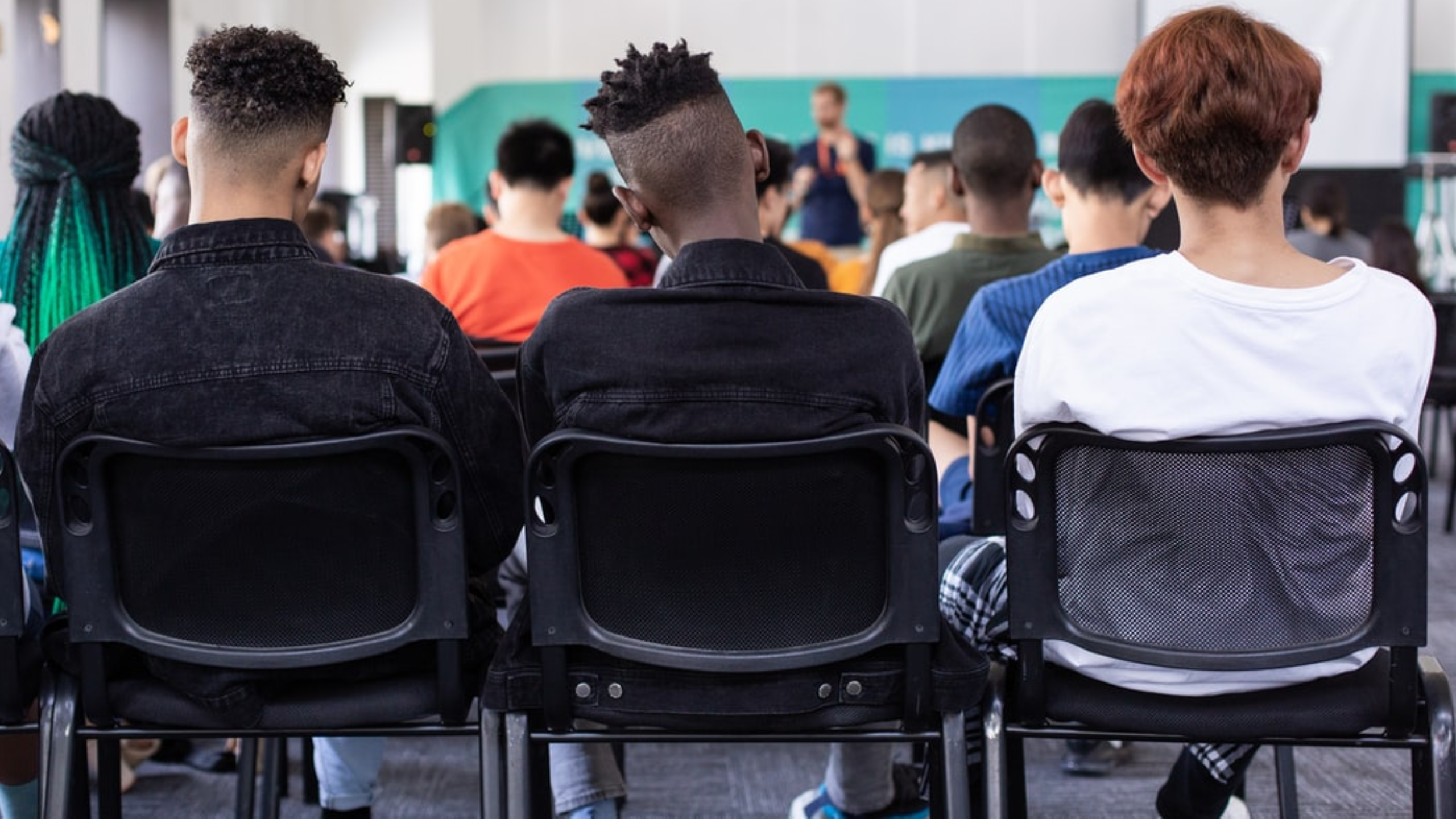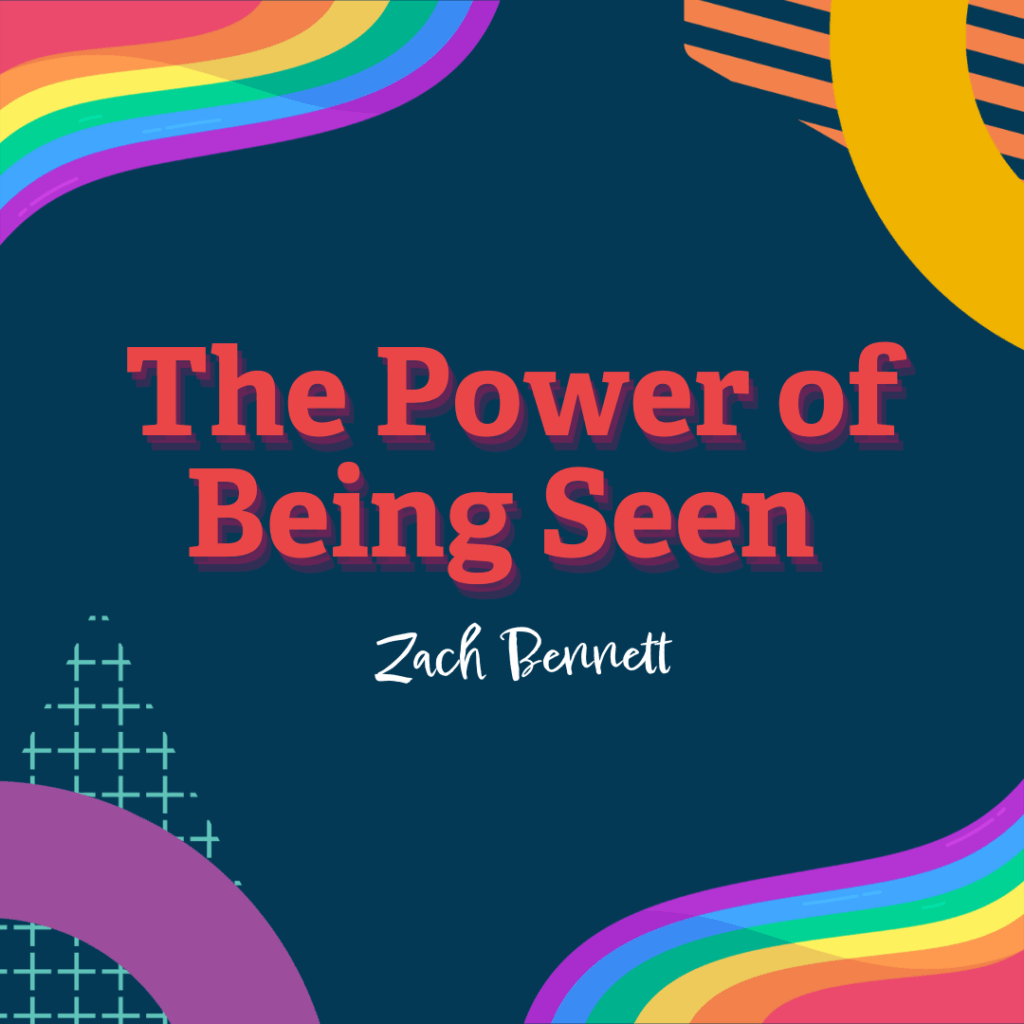8 November 2021
October was Black History Month in the UK - a time to celebrate some of the inspirational, but often marginalised, figures from our history.
Though the month is now over, it is important that we continue to recognise and empower the many diverse voices in society. In further education, listening to and addressing the concerns of staff and learners from minority groups should remain a priority throughout the year.
Equality, diversity and inclusion (EDI) is a regular theme in the Skills and Education Group’s professional development programme. Our termly EDI Networks can provide you with valuable learning opportunities, whether your job role has an EDI remit, or whether you are simply interested in how we can make our organisations more inclusive.
Our upcoming EDI Network on 19 November will focus on ‘Amplified Diverse Voices’. This online event will provide examples and case studies of a variety of innovative tools that have been used to ensure that the voices of staff and students from minority groups are heard.
Read on to find out more about some of these initiatives.
Reverse mentoring
The practice of ‘reverse mentoring’ has been used in a range of organisations and sectors. It involves junior employees mentoring senior colleagues – the opposite of how mentoring schemes usually work. Many companies have used this practice to enable senior leaders to benefit from the skills and knowledge that younger staff members can bring to the organisation.
In terms of EDI, reverse mentoring can be an effective way of increasing the visibility of minority employees and of making their views heard. By pairing a member of staff from a minority background (the mentor) with a senior leader (the mentee), a beneficial two-way relationship is created. It provides the mentor with a platform for sharing their opinions, and ensures that the mentee is able to learn about the issues and concerns affecting their colleague – of which they may not have been aware. For example, diversity-based reverse mentoring has been used successfully in the Civil Service.
Join us at our upcoming network to hear from Vanessa Boon (Chartered Member CIPD and Lead Difference-Maker/Founder of Energise), who will speak about the benefits of this practice and how it can be implemented in an FE setting.
The Human Library
The Human Library was founded in Copenhagen in 2000, and is now a not-for-profit organisation active across the globe. This innovative concept involves people becoming human ‘books’ to help others learn more about those from different backgrounds. Each ‘book’ is a person from a stigmatised community who volunteers their time to share their life experiences with others, through one-to-one conversations or speaking at events. The aim is to challenge stereotypes and prejudices, raise awareness of oppression, and promote better understanding between those from different communities.
On 19 November, you will have the opportunity to hear from Aaron Denton (Director of Student Experience and Pastoral Support at Derby College Group (DCG)), who will provide input on how DCG have used the Human Library.
Leading by Listening
The ‘Leading by Listening’ study was published by the think-tank FETL (Further Education Trust for Leadership) in February 2020. This study explored the mood and wellbeing of FE by enabling a number of staff and students from across the sector to speak about their experiences.
The study was conducted using ‘Listening Posts’. A Listening Post is similar to a focus group, and involves a 60-minute group discussion, with minimal facilitation. These discussions allow participants to speak freely and honestly about their feelings and concerns, so that a ‘snapshot’ of society can be taken. After the Listening Posts have taken place, anonymised transcripts of each discussion are recorded, which are then analysed to find connecting patterns and themes.
In this case, the Listening Posts comprised groups of people from FE, including college leadership teams, principals, teaching staff, and students. The transcripts enabled FETL to gain an understanding of the issues affecting staff and learners in FE.
To find out more about this research and its findings, join us at our upcoming EDI Network.
Book your place
If you are interested in how we can amplify diverse voices within FE, do join us at this event to learn more about these topics and network with colleagues from across the sector.
The above initiatives show that collaboration, conversation and listening help us to break down prejudices and better understand each other. Our network will be conducted in this spirit, meaning you will have the chance to both share your own experiences and gain ideas from others.
You can book your place via the event page here.
Other professional development opportunities
Along with our EDI Networks, we also offer other professional development events designed to help you support staff and learners, relating to all protected characteristics. For example, we hold regular LGBT+ sessions designed to raise awareness of the issues that affect individuals in this community. We also deliver termly Additional Learning Support (ALS) Networks and, later this month, we will be hosting a webinar designed to support neurodiverse learners.
You can browse all of our upcoming networks, webinars and CPD events here.
Additionally, we have recently created an exciting new EDI mentoring programme. This unique programme has been funded by the Skills and Education Group Foundation and will be led by Rajinder Mann OBE DL, former Chief Executive of the Network for Black and Asian Professionals and expert in EDI training.
A pilot cohort of this programme commences this month, and we are hoping to run a second cohort in April 2022. If you would be interested in taking part, please contact our Professional Development team to find out more.







